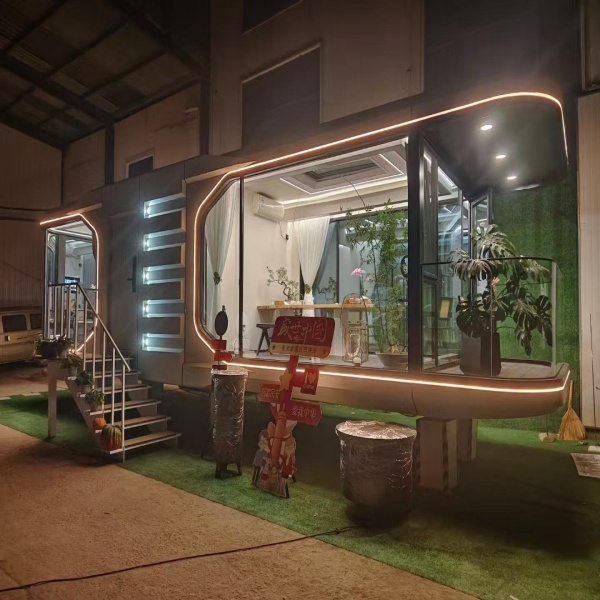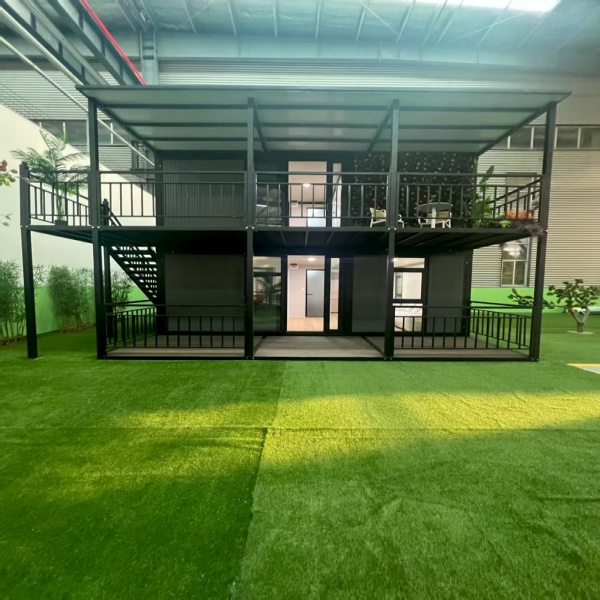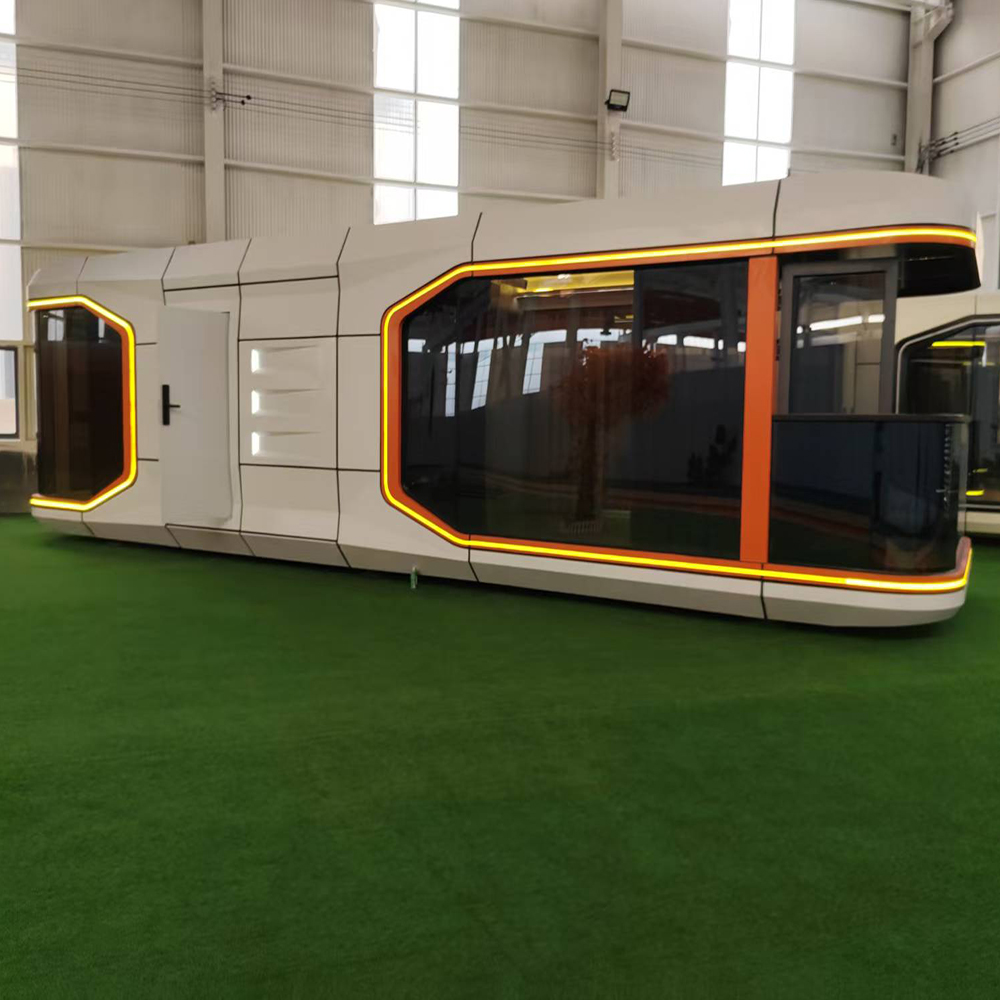-
E-mail
Austin120521@outlook.com -
E-mail
sales@jujiuhouse.com -
Telephone
+86-17864099991 -
Telephone
+86-17854044442
- Chinese
- French
- German
- Portuguese
- Spanish
- Russian
- Japanese
- Korean
- Arabic
- Irish
- Greek
- Turkish
- Italian
- Danish
- Romanian
- Indonesian
- Czech
- Afrikaans
- Swedish
- Polish
- Basque
- Catalan
- Esperanto
- Hindi
- Lao
- Albanian
- Amharic
- Armenian
- Azerbaijani
- Belarusian
- Bengali
- Bosnian
- Bulgarian
- Cebuano
- Chichewa
- Corsican
- Croatian
- Dutch
- Estonian
- Filipino
- Finnish
- Frisian
- Galician
- Georgian
- Gujarati
- Haitian
- Hausa
- Hawaiian
- Hebrew
- Hmong
- Hungarian
- Icelandic
- Igbo
- Javanese
- Kannada
- Kazakh
- Khmer
- Kurdish
- Kyrgyz
- Latin
- Latvian
- Lithuanian
- Luxembou..
- Macedonian
- Malagasy
- Malay
- Malayalam
- Maltese
- Maori
- Marathi
- Mongolian
- Burmese
- Nepali
- Norwegian
- Pashto
- Persian
- Punjabi
- Serbian
- Sesotho
- Sinhala
- Slovak
- Slovenian
- Somali
- Samoan
- Scots Gaelic
- Shona
- Sindhi
- Sundanese
- Swahili
- Tajik
- Tamil
- Telugu
- Thai
- Ukrainian
- Urdu
- Uzbek
- Vietnamese
- Welsh
- Xhosa
- Yiddish
- Yoruba
- Zulu
- Kinyarwanda
- Tatar
- Oriya
- Turkmen
- Uyghur

Buy folding caravan container house
The Rise of Folding Caravan Container Houses
In recent years, the demand for versatile, portable living solutions has surged, leading to a growing interest in the concept of the folding caravan container house. These structures are bridging the gap between mobility and modern living, and companies like Shandong Jujiu Integrated Housing Co., Ltd. are at the forefront of this evolution.
Understanding the Concept
When people hear folding caravan container house, they often imagine cramped, temporary spaces. However, this interpretation misses the mark. The truth is, modern versions of these dwellings offer innovative design and comfort. They're not just portable houses; they're adjustable living spaces that reflect sustainability and efficiency. Firms like Shandong Jujiu are pioneering these concepts by integrating light steel frames and advanced design techniques in their offerings (see more at jujiuhouse.com).
These houses can be swiftly deployed and set up, a boon for those needing rapid shelter solutions. The ability to fold and transport them with ease has made them intriguing options for both adventurers and those facing immediate housing needs.
Considering the mobility aspect, these structures provide unmatched freedom. Unlike traditional static homes, a folding caravan container house lets you change locations without the burden of leaving your home behind. Imagine the flexibility of setting your home in different landscapes as the seasons change.
Real-World Applications and Missteps
In practice, the deployment of folding caravan container houses by companies like Shandong Jujiu often encounters unexpected challenges. One memorable case involved installing these houses in a mountainous region. The terrain was tough, the logistics complex—and that’s where the true mettle of these portable houses was tested.
Problems also arise in understanding the requirements of different jurisdictions. Local regulations can complicate installations; hence, companies need to adapt their designs and processes to align with legal standards seamlessly. Shandong Jujiu has addressed this by offering tailored solutions, but the fine print of regional laws remains a hurdle.
Learning from these experiences, producers have started crafting units that can withstand varying environmental conditions while still providing a robust home base. It's a balancing act of innovation and practicality, one that requires persistent refinement.
The Design and Manufacturing Evolution
Shandong Jujiu’s approach involves a comprehensive integration of design proficiency and manufacturing excellence. By creating flexible interiors that maximize space, they’ve transformed what many viewed as temporary accommodations into permanent, livable homes.
One might see similarities with the tiny home movement, but folding caravan container houses push that boundary further. They involve precise engineering to ensure not only spatial efficiency but also structural integrity when folded and transported.
This leads to another crucial point: quality control. The production of these homes involves rigorous testing phases to ensure reliability. Bringing these elements together is how you ensure that even a movable house can offer the solidity of a conventional one.
Why Choose a Folding Caravan Container House?
People opt for these houses for a myriad of reasons—cost-efficiency, flexibility, environmental considerations. They provide an unconventional yet viable alternative to classic housing, especially amidst rising real estate prices and urban congestion.
An important factor is sustainability. The construction process is less wasteful compared to traditional methods, and the materials used often have a lower carbon footprint. This makes them appealing to environmentally conscious buyers.
Additionally, when paired with off-grid capabilities like solar panels or water collection systems, these homes can operate independently, further appealing to those who wish to minimize their ecological impact while embracing modern conveniences.
The Future of Portable Living
What lies ahead for the folding caravan container house? As the technology matures, we can expect even more sophisticated designs and greater implementation in various sectors, from tourism to emergency housing solutions.
Companies such as Shandong Jujiu Integrated Housing Co., Ltd. continue to innovate, driving the industry forward with R&D investments. Their work illustrates a future where portable homes might become a mainstream choice rather than a niche option.
Ultimately, these structures signify a shift towards more sustainable, interconnected living arrangements. They may not yet be perfect, and there are definitely learning curves to navigate, but their potential is undeniable—a future where your home adapts to your lifestyle, not the other way around.
Related products
Related products
Best selling products
Best selling products-
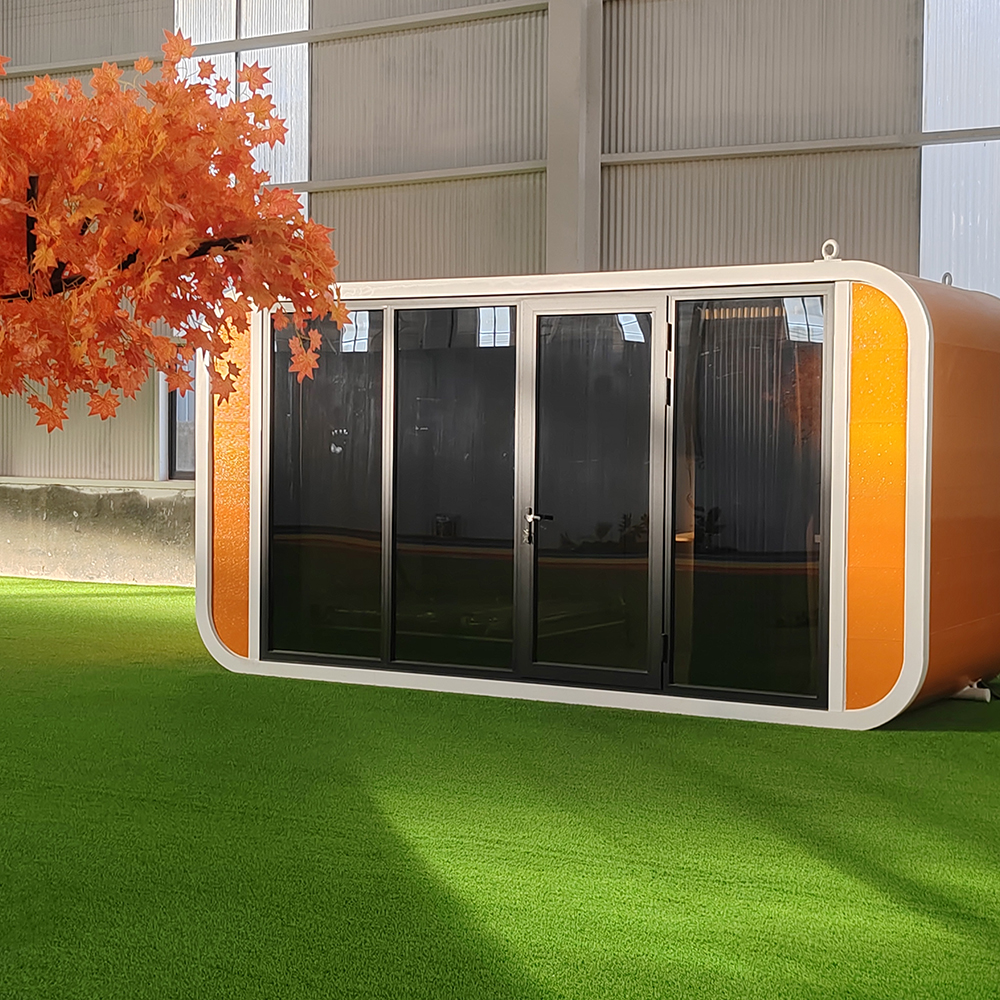 Luxury Prefabricated Living Container House Modular Glass Tiny House Prefab Container Home Apple Cabin
Luxury Prefabricated Living Container House Modular Glass Tiny House Prefab Container Home Apple Cabin -
 Dual-Wing Folding Container House: Fast Assembly, Space-Saving & Multi-Scene Adaptable
Dual-Wing Folding Container House: Fast Assembly, Space-Saving & Multi-Scene Adaptable -
 Customized Expandable Container House Holiday Home Folding Prefab Container House with Bathroom and Kitchen
Customized Expandable Container House Holiday Home Folding Prefab Container House with Bathroom and Kitchen -
 Good Quality Modular Homes Prefabricated House Expandable Container House 20FT Mobile Flat Roof House
Good Quality Modular Homes Prefabricated House Expandable Container House 20FT Mobile Flat Roof House -
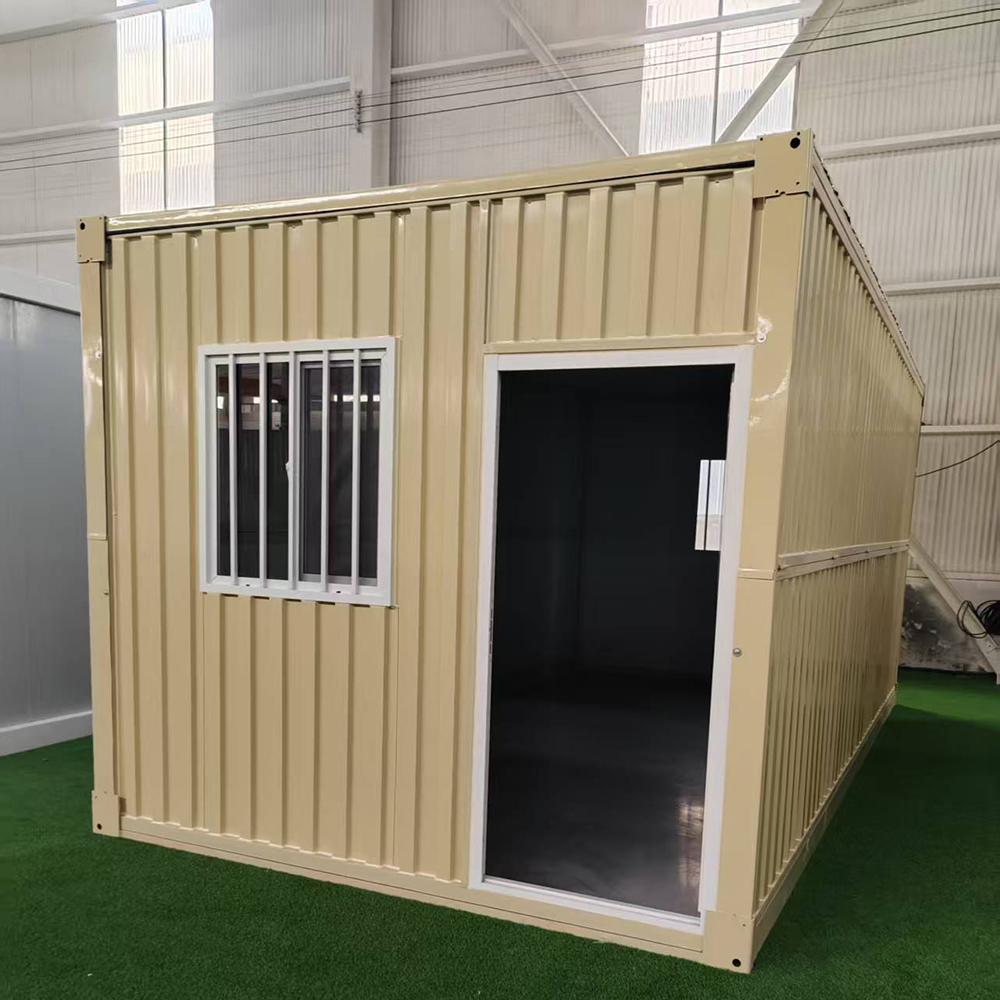 Competitive Price Portable Container House Foldable Container Mobile Living Modular Homes
Competitive Price Portable Container House Foldable Container Mobile Living Modular Homes -
 The foldable container house with side wing design can be quickly set up and is suitable for various environments.
The foldable container house with side wing design can be quickly set up and is suitable for various environments. -
 Waterproof folding container house – mobile accommodation for campsites/scenic spots
Waterproof folding container house – mobile accommodation for campsites/scenic spots -
 Luxury Foldable Two Story Container House for Glamping Resort and Villa Hotel
Luxury Foldable Two Story Container House for Glamping Resort and Villa Hotel -
 A container house with a terrace and double-wing folding design, suitable for various purposes such as offices, meeting rooms, living rooms, etc.
A container house with a terrace and double-wing folding design, suitable for various purposes such as offices, meeting rooms, living rooms, etc. -
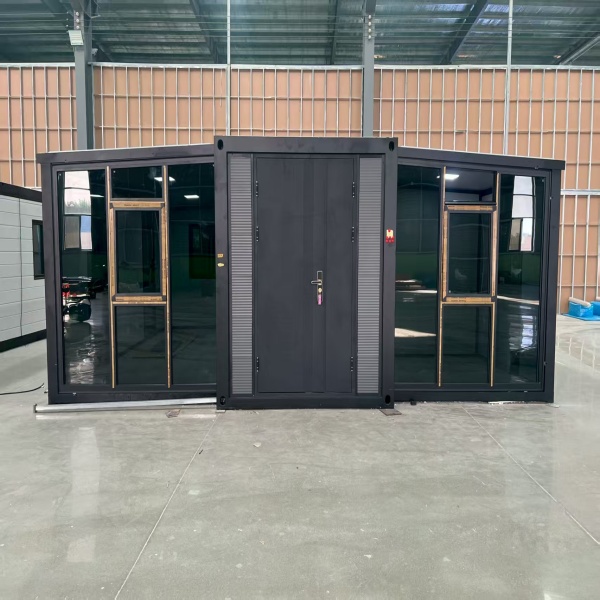 Customizable Office Mobile Home with Flat Roof and Double Wing Expansion Box, Convenient Container
Customizable Office Mobile Home with Flat Roof and Double Wing Expansion Box, Convenient Container -
 Hot-selling foldable container houses, expandable prefabricated houses, suitable for office or living use, with fast delivery.
Hot-selling foldable container houses, expandable prefabricated houses, suitable for office or living use, with fast delivery. -
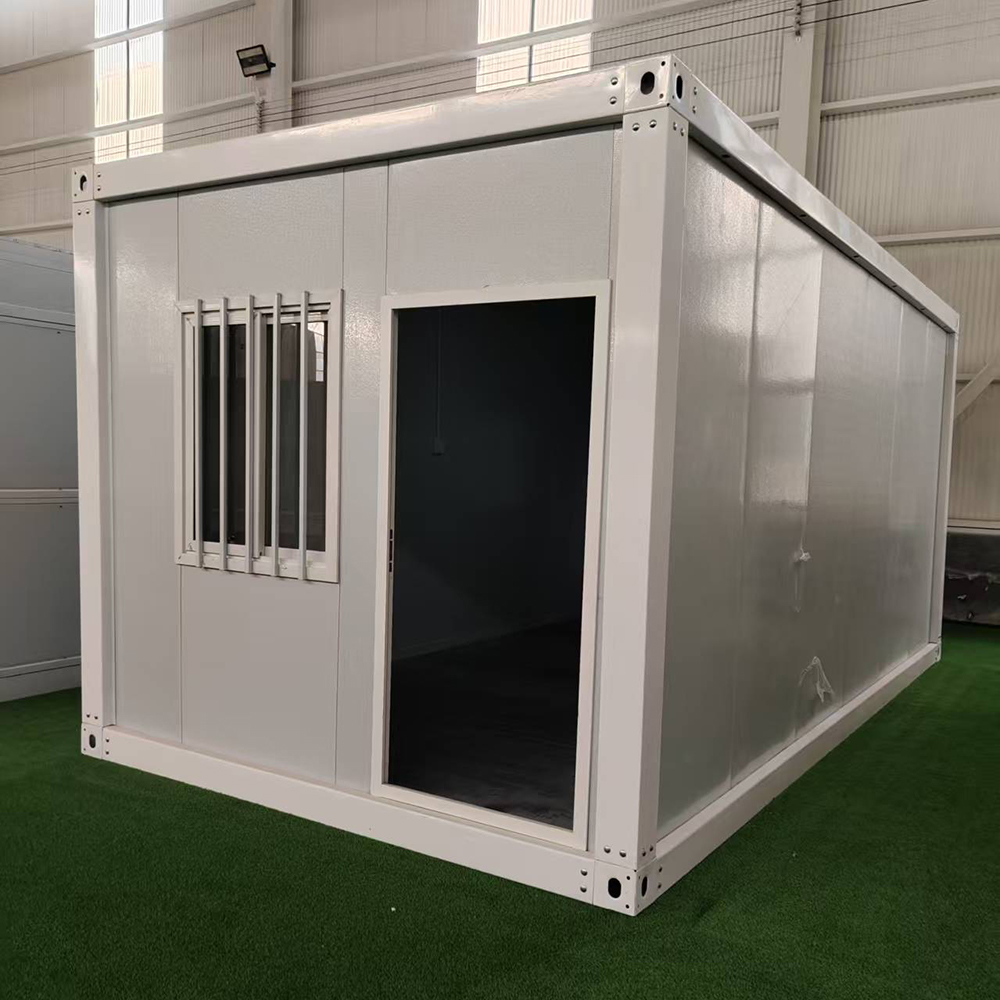 Folding Container Moving House Modular Office Container House Prefab Container for Outdoor Use
Folding Container Moving House Modular Office Container House Prefab Container for Outdoor Use
Related search
Related search- expandable prefab mobile house prefab home 19x20ft mobile home
- China folding container house usa
- China fold out shipping container homes
- China prefabricated modular container house
- expandable container house luxury
- Buy cabins near apple barn
- expandable container house for sale
- space house capsule
- Buy expandable container house price
- portable unfolding house









